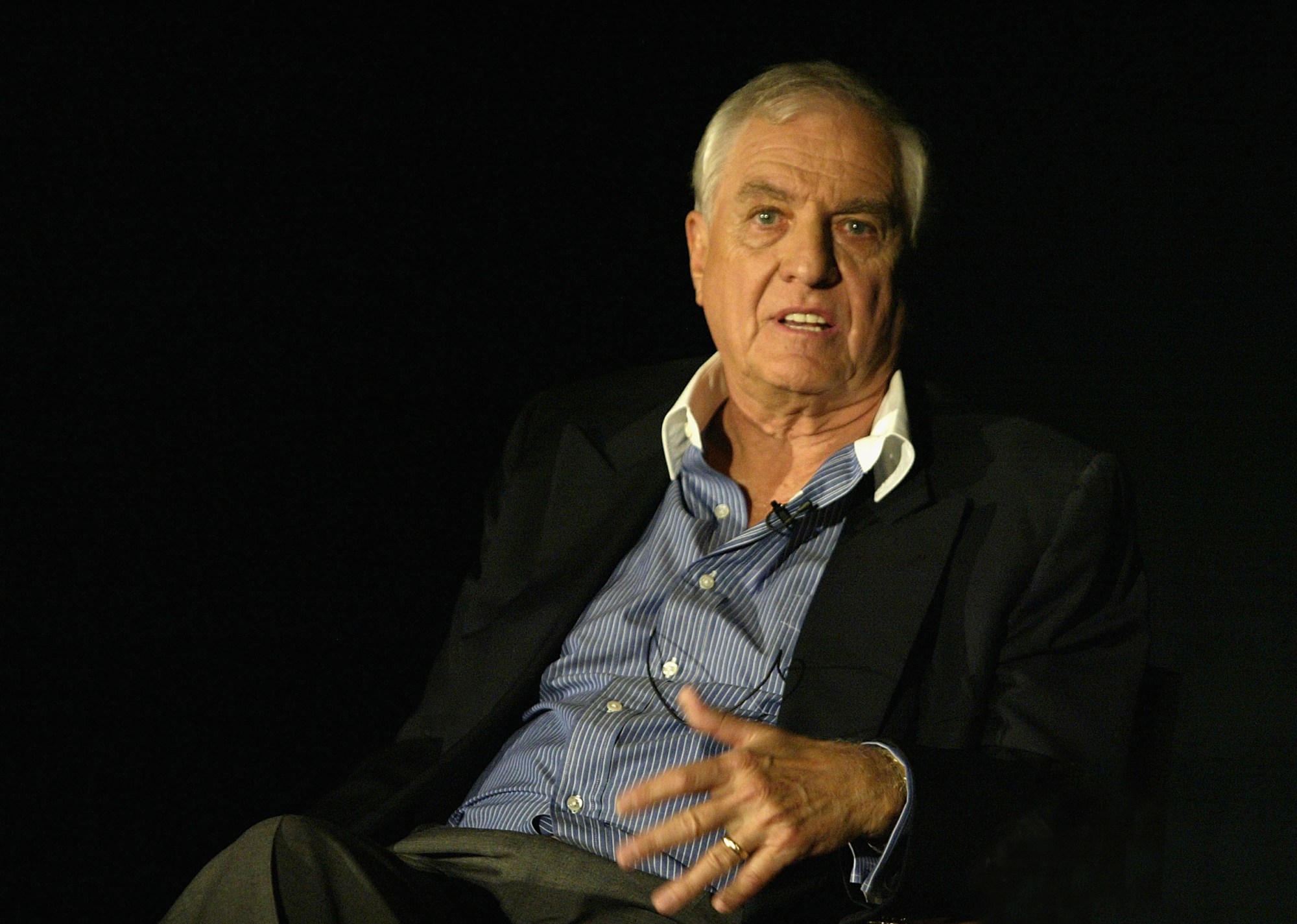
- Industry
Remembering Garry Marshall
A giant of American humor, actor, writer, producer and director of warm-hearted comedy fare, winner of just about every accolade and award, Garry Marshall also won Golden Globes for himself, but equally impressively, as a director of TV and film, Marshall has launched or boosted the careers of several actors who were awarded Golden Globes, and other awards, for their work under his direction.
Marshall was born to a family on the margins of show business. His father made industrial movies, with titles like The Story of Zinc and Smelting in the Pittsburgh Mill. “We watched them,” he said in an interview, “Not one laugh.” His mother taught dance. Garry started in entertainment as a drummer and a standup comedian but soon became an actor and a comedy writer, on the iconic star-driven shows of the 1960s: The Lucy Show, Joey Bishop, and The Dick Van Dyke Show (1961-1966) which won a Golden Globe as Best TV Comedy and one for Mary Tyler Moore as Best Actress.
His first Globe producer's nomination for Best TV Series-Comedy was in 1970 for Love American Style (1969-1974). He then directed Jack Klugman the star of The Odd Couple (1970-1975) to two Globe nominations and one win, in 1974. An uninterrupted string of sitcoms, some long running, others short lived, followed.
As a producer, he was nominated twice and won Best Television Comedy Globe in 1978, for Happy Days, the sitcom he created and also wrote for and directed. The iconic show, which captured the zeitgeist of the 1950s, ran for 255 episodes over ten years (1974-1984) and made its young actors household names. A nostalgic, loving parody of life in Middle America of the 1950s and early 1960s, it presented a young cast led by Ron Howard as Richie, the straight arrow, and Henry Winkler as 'The Fonz', a rebellious, leather-jacketed charmer. His two leads tied for Best Actor win in a TV Comedy Globe, also in 1978. When actor Howard later became a movie director, he was Golden Globe nominated three times.
Marshall created and co-produced the Happy Days spinoff sitcom, Laverne and Shirley (1976-1983) that co-starred his sister and future film director Penny Marshall, who was nominated for a Best Actress TV Comedy Globe three years in a row. It also brought Marshall another Globe nomination as producer.
Marshall's sitcom Mork and Mindy (1978-1982) launched the career of beloved comedian Robin Williams, who first appeared in an episode of Happy Days. Williams was nominated for Best Actor TV Comedy Globe twice, and won in 1980. Williams went on to garner nine more Globe nominations and four best acting wins (Good Morning Vietnam–1987, The Fisher King–1991, Aladdin–1992, Mrs. Doubtfire–1993) and the Cecil B. deMille award in 2005.
When critics belittled Marshall for his popular TV work, he took it in stride. “Critics have knocked me for targeting society’s lowest common denominator,” he wrote in the first of his two autobiographical books, “I believe that television was, and still is, the only medium that can truly reach society’s lowest common denominator and entertain those people who maybe can’t afford a movie or a play. So why not reach them and do it well?"
When Marshall moved from TV to film, he kept discovering talented actors and directing them to Globe and other awards. His first feature was a modest parody of what he knew well, television soaps, Young Doctors in Love (1982), but his next movie, The Flamingo Kid, won Richard Crenna an acting Globe nomination. But it was Pretty Woman (1991) that launched the career of its costars: suave businessman Richard Gere and the call girl he falls for, Julia Roberts. The movie collected awards worldwide, including four Globe nominations: Marshall for producing the movie, and actors Roberts, Gere and Hector Elizondo (supporting).
Roberts (who'd won a best supporting Globe a year earlier for Steel Magnolias) went on to win the Globe for Best Actress, under Marshall's direction. She would collect eight more Globe nominations as Best actress, and win one (Erin Brokovich, in 2000). Her co-star Gere would later win his Best Actor Globe for Chicago (2002).
Marshall never topped his Pretty Woman success, but continued to mine rich veins of gentle comedy. A self-styled "Norman Rockwell of television" he said in an interview after the release of Pretty Woman: “I like to do very romantic, sentimental type of work, it’s a dirty job, but somebody has to do it.” Marshall was very good at that job. He never stopped working. His last movie, Mother's Day, reunited him with Julia Roberts.
Summing up his career, the Los Angeles Times wrote that Marshall was "the person responsible for more (audience) laughs than anyone else in America, and perhaps anywhere." Garry Marshall and his actors have the Golden Globes to support that claim.

